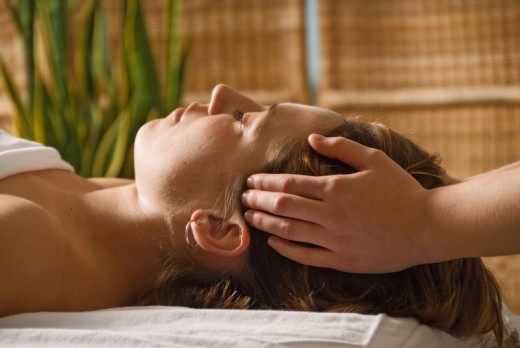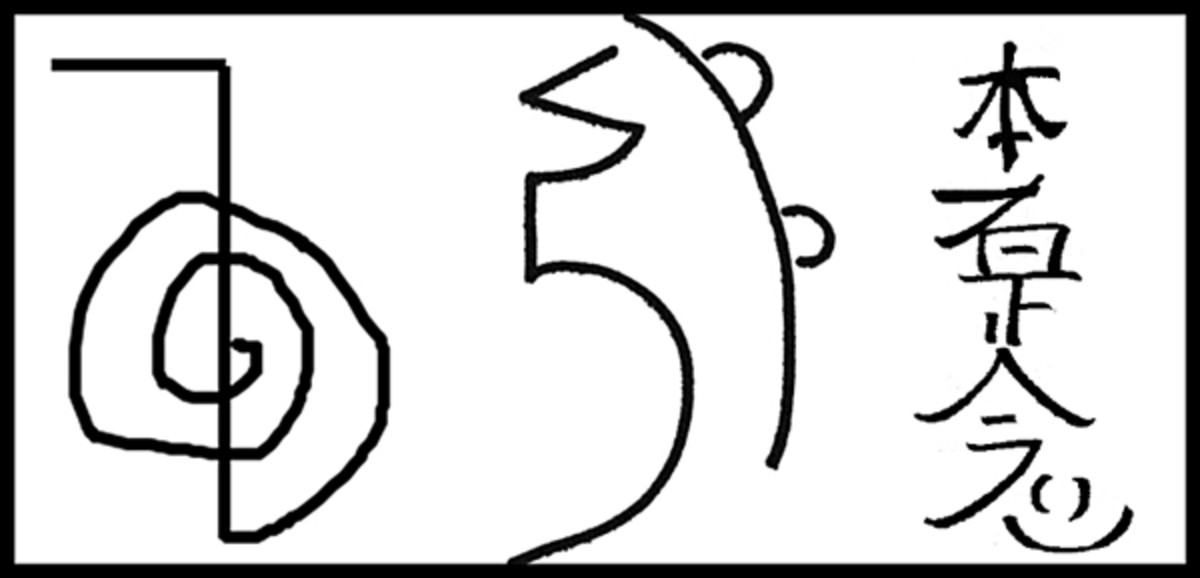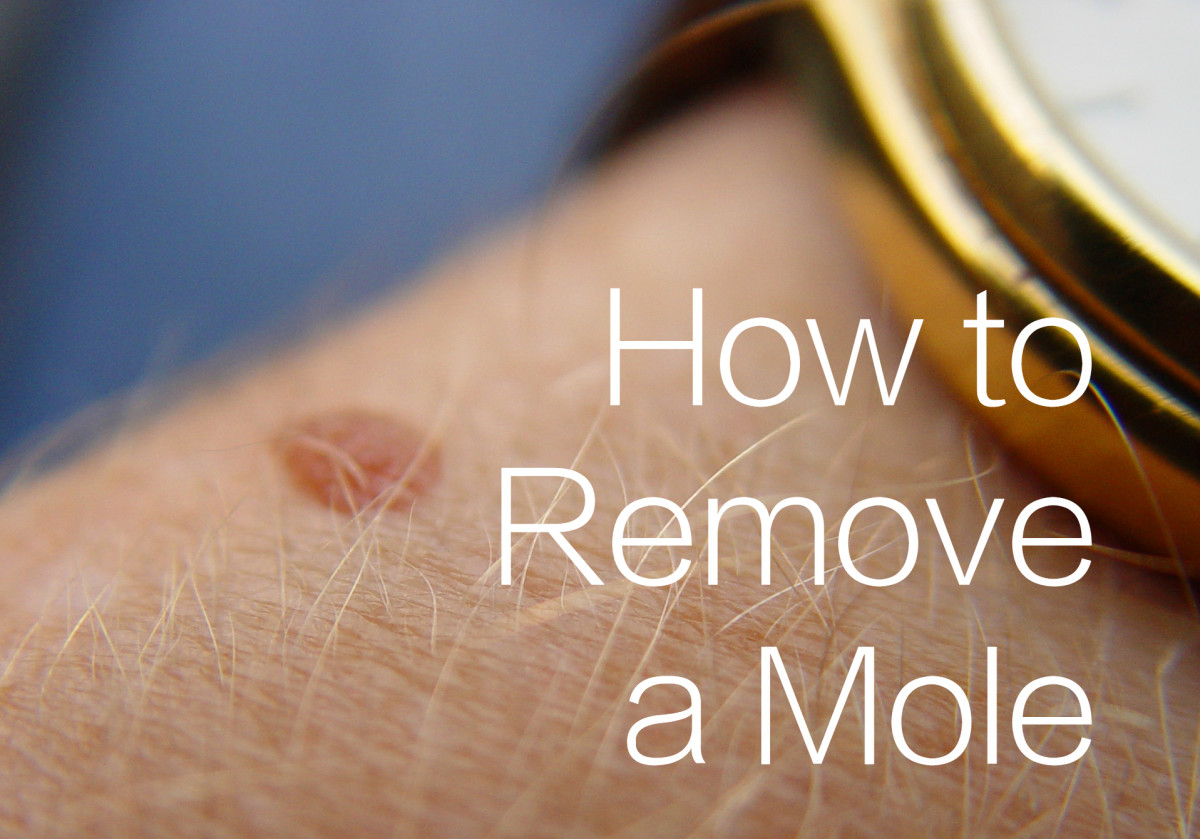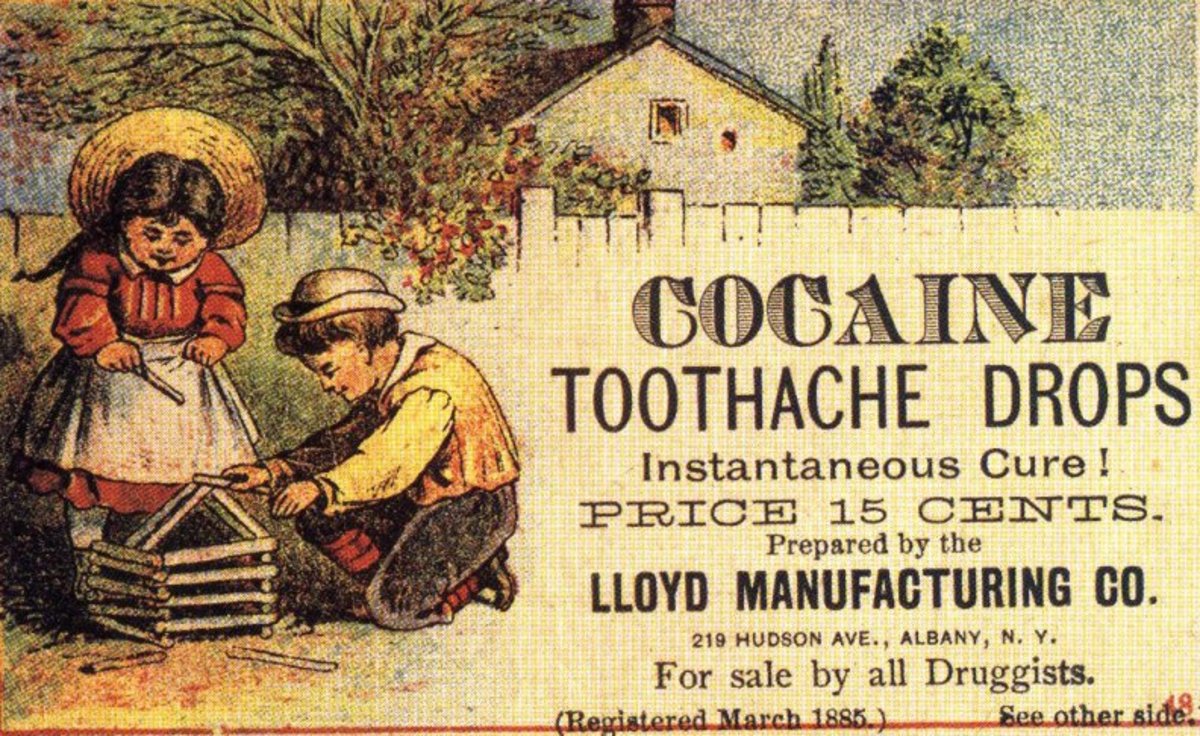10 Clinical Trials Studying Benefits of Reiki

Reiki is an interesting form of medicine. It is also a controversial form of medicine. Reiki uses a healing touch on or around the body to redirect the flow of energy within the body. People who practice Reiki say that this balances out the energy in the body, releases negative energy and promotes overall health. Many people believe that Reiki can cure specific ailments as well as increase the quality of life in general. However, since this is a form of natural healing or alternative medicine, there are also many doctors who don’t like the idea that Reiki is being used in place of or in addition to Western medicine practices. Despite their concerns, enough people believe in the potential of Reiki that there are many different clinical studies completed and being done to show that Reiki can heal different medical problems.
Here is a look at ten different clinical trials that study the benefits of Reiki, showing that this Eastern practice just might be capable of curing some very serious problems:
1. Prostate Cancer. There is an ongoing clinical trial designed to study the impact of Reiki treatments on prostate cancer patients. The main goal of the Reiki treatments is to reduce the anxiety that patients feel prior to surgery for the treatment of their cancer. However, the study is also taking a look at how patients fare after surgery as a result of their Reiki treatments. It is believed that Reiki might assist patients with pain management after their surgery and may even help to improve their surgery results. This is a great example of how Reiki might be used in conjunction with modern Western medicine to provide a total healing experience for the patient.
2. Colonoscopy Procedures. Colonoscopy procedures are done for many patients who are suffering from gastrointestinal disorders. The procedures are uncomfortable. It is believed that Reiki can help to calm patients down in order to reduce the discomfort of the procedure. As with the prostate cancer trial, studies of Reiki for colonoscopies suggest that pain management is eased with Reiki treatments.
3. Fibromyalgia. This is a condition that is difficult for the patient because of the extreme discomfort that it causes. Many people believe that Reiki can be effective at treating fibromyalgia. They say that this low-risk, low-cost treatment can certainly do no harm and may empower patients while physically making them feel better. It’s something that has been studied.
4. Human Hemoglobin Levels. One of the most widely publicized studies of Reiki for medical treatment was a study done in the late 1980’s which showed that human hemoglobin levels might be improved through the use of Reiki treatments. This trial concluded that “Reiki has a measurable physiological effect” and is balancing for the patient.
5. Depression and Anxiety. Several studies have been done which show that Reiki can have a beneficial effect on patients who are suffering from depression and/or anxiety. Reiki may be helpful for these patients as a treatment on its own or may be used in conjunction with other forms of treatment.
6. Type 2 Diabetes. People suffering from Type 2 diabetes face many complications and risks. It is believed that Reiki might help with some of those complications. Two of the things that are being studied in this area are whether Reiki can help reduce nerve pain for these patients and whether Reiki can help minimize cardiovascular risk for these patients.
7. HIV/AIDS. Studies have shown that patients dealing with HIV/AIDS may experience some relief from Reiki treatments. They may have reduced anxiety as well as reduce pain as a result of Reiki. One interesting thing about these studies is that they show that Reiki is beneficial whether it is done by a formal practitioner or just done by the patient himself.
8. Multiple Sclerosis. People who are suffering from MS often find that there are no helpful cures for them. As a result, many of these people have turned to alternative medicine for help. Reiki is one such form of alternative medicine that a lot of people use to help treat MS. More studies need to be done in this area but patients report that it’s something that has been helpful for them.
9. Memory Problems / Alzheimers. Preliminary studies show that Reiki might actually be beneficial in helping to treat patients who are suffering from memory problems and degenerative conditions such as Alzheimers. These studies are not yet conclusive but provide a lot of hope for patients suffering from these illnesses (as well as for their loved ones and caretakers). The calming effects of Reiki may help to reduce behavioral issues as well as improve memory function for these patients.
10. Stroke. Notably, one of the most well-known studies of Reiki actually showed that it did not help with what researchers had hoped it would be useful in treating. It had been believed that stroke recovery might be improved through the use of Reiki treatments. However, studies indicated that this was not the case. Stroke patients did not do any better when receiving Reiki treatments. The one positive thing noted from this study was that stroke patients did receive some calming effects from Reiki and this improved their moods a bit. This shows that Reiki is something that is beneficial for the body even when it doesn’t have the intended medical results.
Studies of the benefit of Reiki for people with all types of medical conditions are likely to continue as more and more people discover the power of this healing art.









